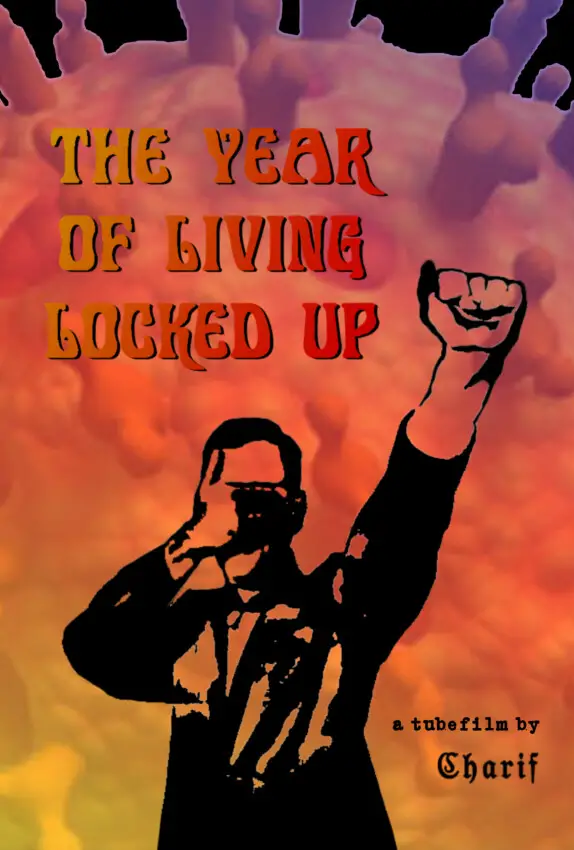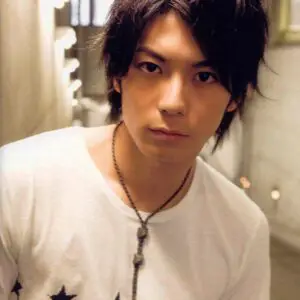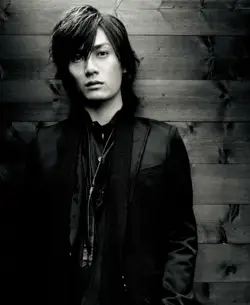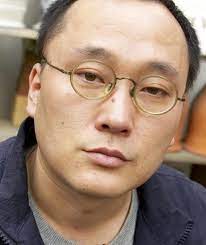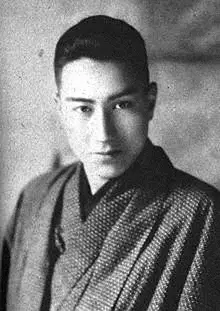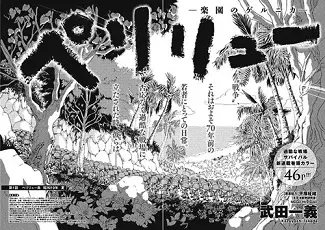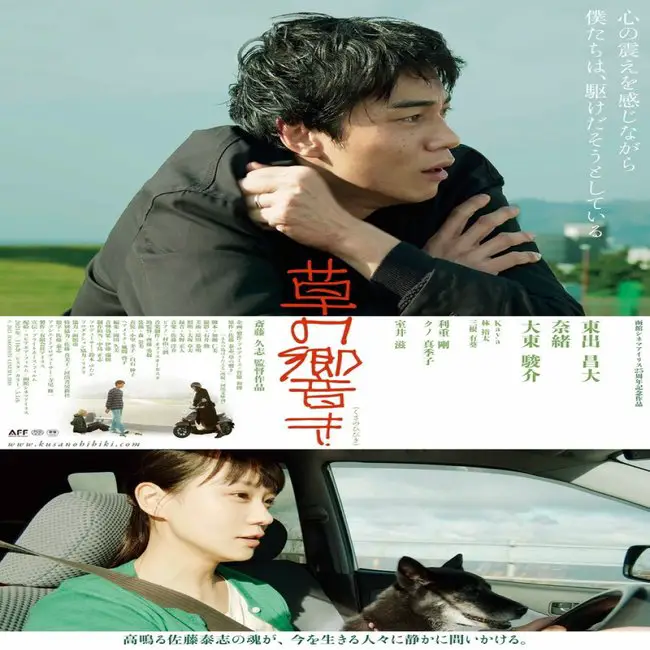
Movie Digest
Kudo Kazuo moves back to his hometown after being diagnosed with psych-ataxia. There weren’t many things he could do after being diagnosed, so he regularly went to the psychiatric for follow-ups and goes for runs after. As he comes in contact with the young people in town, things begin to shift for him.
The Feel-Good Part
The film takes place in outdoor spaces which makes the atmosphere bright and feel-good. The tones are subdued and have a nature of melancholy, which is calming. The film is very realistic and grounded, engaging viewers to experience life entirely through another person’s perspective. The movie has a robust sympathetic gaze towards mental illness and the daily struggles of people who may seek recovery in some way or form. Exploring the relationship between a struggling adult man and teenagers he meets on his run is captivating and fascinating, as it is otherwise an absurd mix of people to mingle with. It gives a good insight into how mental health institutions work in Japanese societies. There is an underlying feeling of dread throughout the film, which mirrors the slow and painful process of declining mental health.
The Disappointing Factor
The sound of Grass is languid; there are a lot of scenes where the protagonist is either running or on a skateboard, which gets repetitive and boring very quickly. The film drags, and a lot of scenes feel redundant and hence, uninteresting as it seems like it adds nothing to the plot or does anything to take it forward, which gets frustrating to watch after some time.
In-Depth Analysis
The creative choices of the film are spot-on; the dialogue is naturalistic between the characters, which adds to the realistic subject matter of the film. The camerawork is subdued and usually still, which is oddly comforting. The dramatic scenes use close-ups to convey the intensity of the emotion onto the screen, which is effective and efficient in delivering the message. The drama is so close to reality sometimes it feels as though the audience is internalizing it, by actively participating in whatever is happening on screen.
Star Power
Masahiro Higashide, previously seen in Asako I &II delivers a layered portrayal of a man struggling with mental illness. The character’s lack of emotional control in certain scenes translates well on screen because of his acting. The actor’s must be applauded for his attempt to articulate the confusion that comes with the diagnosis as it is challenging to get it right, let alone convey it with such subtlety.
Overall Opinion
The film provides important insight into mental illness and is empathetic towards those who seek recovery and work hard to maintain their existing relationship. It isn’t for everyone with its stagnant shots and heavy subtext, but it will provide the audience with a rewarding experience if given a fair chance.


